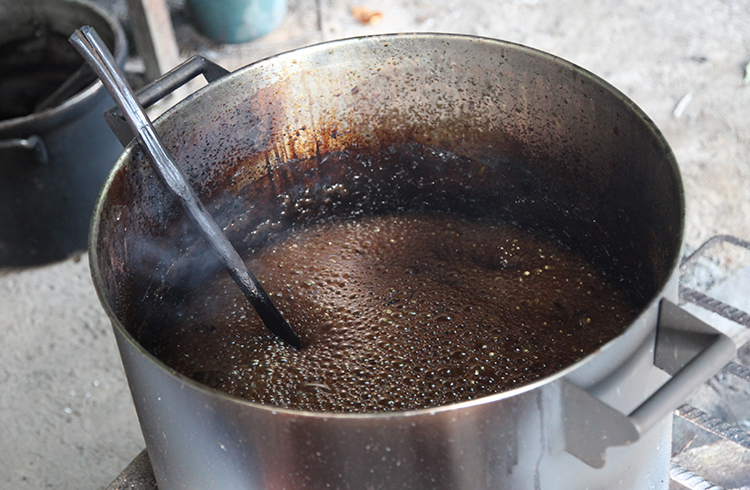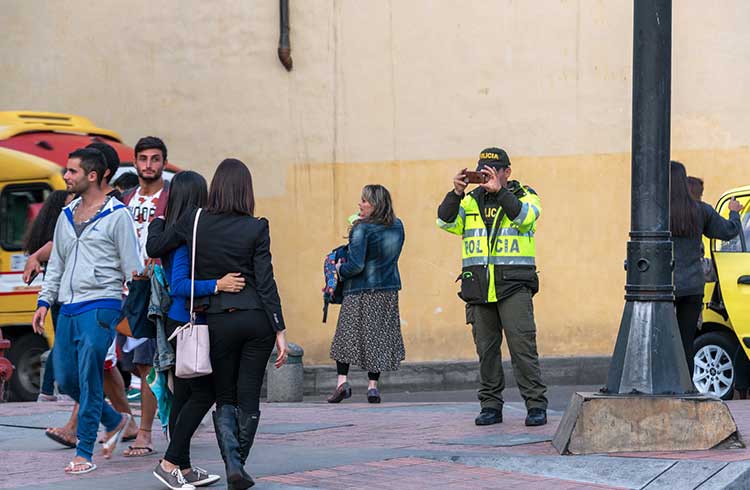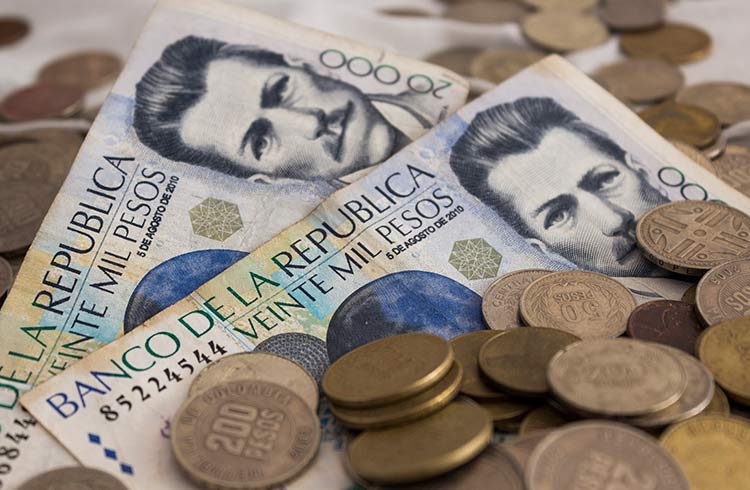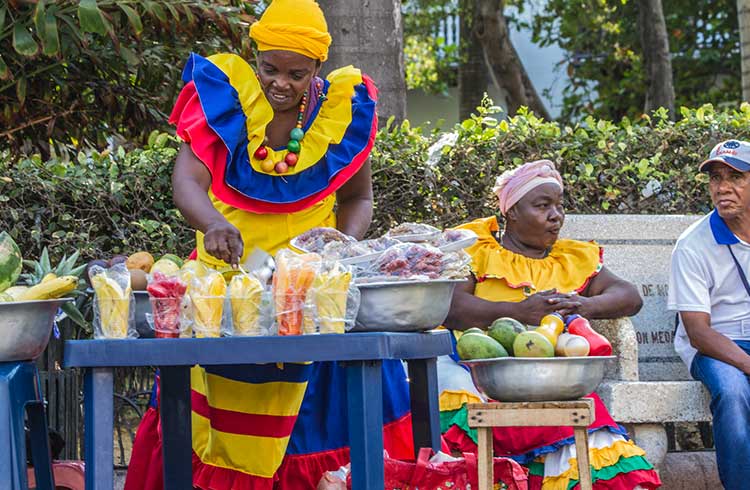Why You Shouldn’t Do Drugs When Visiting Colombia
Choosing to get involved with drugs in Colombia not only places you at risk with the law, but you’re also supporting terrible violence that accompanies the drug trade. Jacqui takes a look at the facts.
 Photo © iStock/traffic_analyzer
Photo © iStock/traffic_analyzer
Luggage is strictly monitored at airports, and the possession, use, or trafficking of illegal drugs has severe repercussions in Colombia. If convicted, you are likely to spend your long prison sentence in grim conditions.
5 tips to keep you out of trouble
There are a few different things to keep in mind while you walk the streets:
- A drug dealer may give you a drug other than what you asked for, and there’s a high chance you’ll end up dangerously intoxicated
- Another set up involves corrupt police and drug dealers. A traveler buys drugs at a corner, only to be stopped by a policeman a few minutes later who busts and arrests the traveler for possession. Bribery is the only way out; the policeman walks away a richer man and the dealer gets his drugs back
- The police are always on the lookout for foreigners trying to buy drugs, and if you are caught talking to a drug dealer, you may find it hard to convince them you were just having a chat
- If a stranger, or someone who seems a bit dodgy, approaches you and tries to sell you drugs, just ignore them or politely tell them you are not interested
- Never leave your bag unattended or in the care of a stranger, and never carry items for people you don’t know.
Burundanga and Scopolamine
Scopolamine, locally known in Colombia as burundanga, is a drug that has become an urban legend. Allegedly causes you to lose your ability to say 'no', the drug can be added to drinks or food. It's most often used in conjunction with crimes such as robberies and assaults and most incidents have happened at night in seedy bars and nightclubs.
Although you should be cautious, there's no need to be paranoid.
Single men, both foreign and Colombian, have been targeted by young, attractive Colombian women who offered the men drinks that have been spiked with scopolamine, and then proceed to take advantage of their drugged state to rob them.
Never accept drinks or food from a stranger – especially if you're alone. Take precaution when approached by a stranger late at night, especially in party zones. Be aware of the type of people around you, inside and outside of a club, and when you leave, take a registered taxi.
Ayahuasca
Going into a jungle to drink an ancient concoction to spiritually cleanse your mind and body sounds adventurous, right?
With several deaths surrounding an ayahuasca ceremony, there are a few things to consider before taking part.
Known as Yajé in Colombia, ayahuasca is an infusion of several plants that have been used for centuries by South America's Indigenous people for healing purposes.
Ayahuasca is not a recreational drug, as it has exceptionally powerful hallucinogenic properties: people with pre-existing health conditions may have fatal reactions to it.
Participants, especially women, are extremely vulnerable during their “trip” to sexual assault and rape. Since there is no control over this type of activity, self-proclaimed “shamans” are suddenly appearing; luring tourists into expensive retreats, and administering potentially lethal doses of the potent tea.
If you do choose to participate in an ayahuasca ceremony, be sure that you have done your homework to avoid placing your life into the hands of a phony.
Related articles
Simple and flexible travel insurance
You can buy at home or while traveling, and claim online from anywhere in the world. With 150+ adventure activities covered and 24/7 emergency assistance.
Get a quote


No Comments